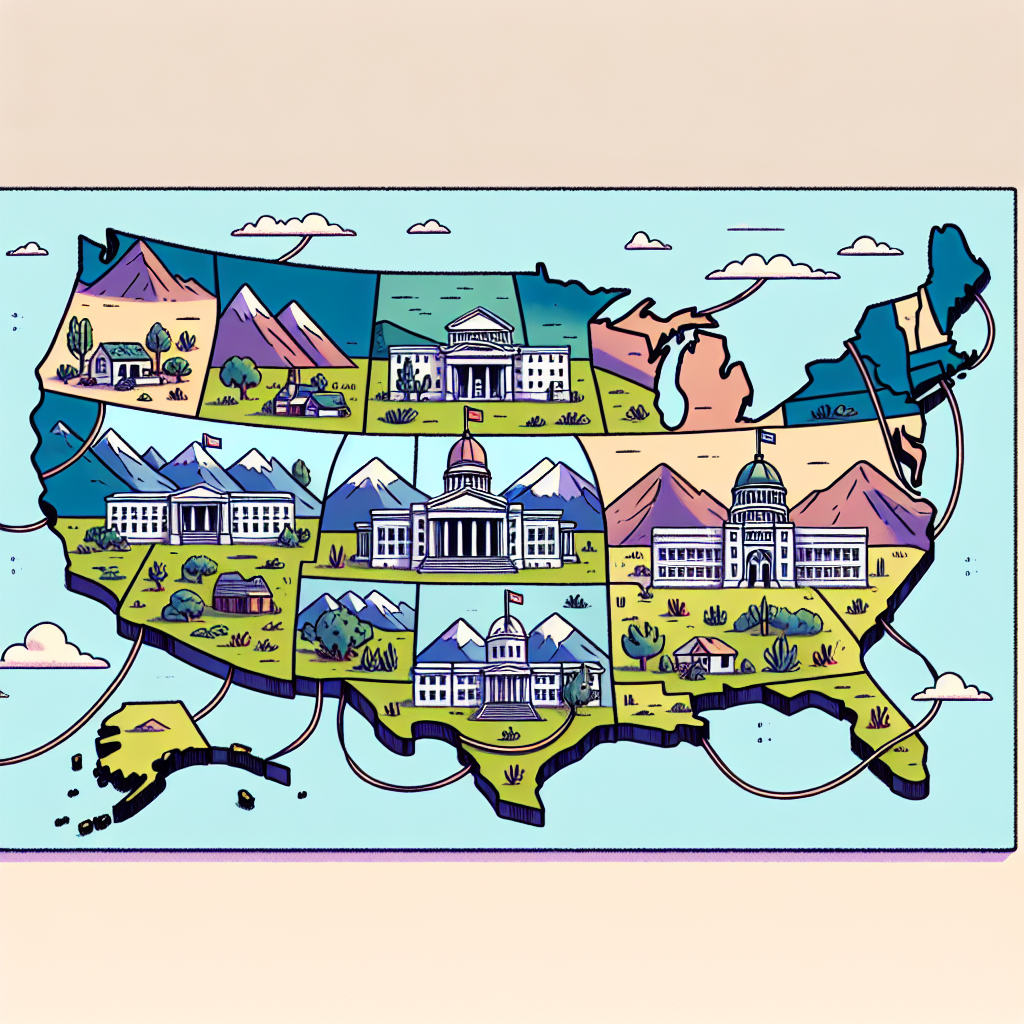Supreme Court Faces Debate on Governor and President's Bill Assent Autonomy
In a Supreme Court hearing, BJP-ruled states defended the autonomy of governors and President regarding bill assent. They argued that courts cannot enforce timelines on these decisions, emphasizing the constitutional powers of governors and President, which are not subject to judicial review or 'deemed assent'.

- Country:
- India
The Supreme Court witnessed a debate on Tuesday as BJP-ruled states defended the constitutional autonomy of governors and the President in assenting to legislative bills. The states contended that the judiciary cannot impose timelines on the review process by these high offices, asserting that the authority to grant or withhold assent rests solely with them.
Senior advocate Harish Salve informed the five-judge bench led by Chief Justice B R Gavai that the Constitution grants exclusive power to governors and the President to grant assent to state-passed bills, dismissing the concept of 'deemed assent'. States highlighted that the judiciary is not a solution for all legislative issues and cannot mandate governors to approve bills.
Additional Solicitor Generals and other representatives underscored that the constitutional scheme does not allow the judiciary to prescribe deadlines for governors' actions. They argued that the judiciary should not introduce 'deemed assent' into the legislative process, as it lacks basis in Indian law, unlike the British system. The matter arose amid a query sought by President Droupadi Murmu regarding the appropriateness of judicial timelines on such constitutional functions.
(With inputs from agencies.)
ALSO READ
Governors' Autonomy: The Power Struggle Over Bill Assent
Contentious Constitution Amendment: Debate Rages Over Judiciary's Autonomy
Chief Minister Stalin Advocates for State Autonomy and Federalism
20 stampedes have taken place during last 10 years in BJP-ruled states: CM Siddaramaiah says in Karnataka Assembly
(Eds: Correcting slug) 20 stampedes have taken place during last 10 years in BJP-ruled states: CM Siddaramaiah says in Karnataka Assembly










